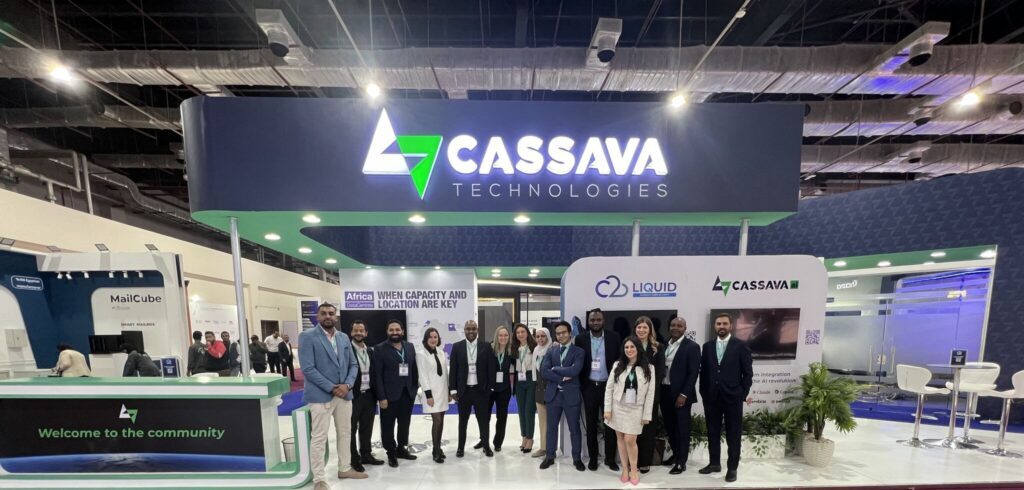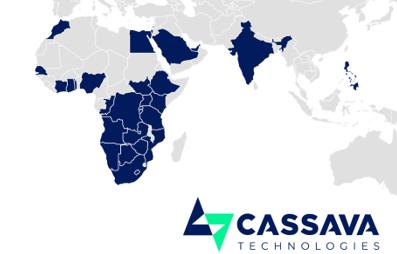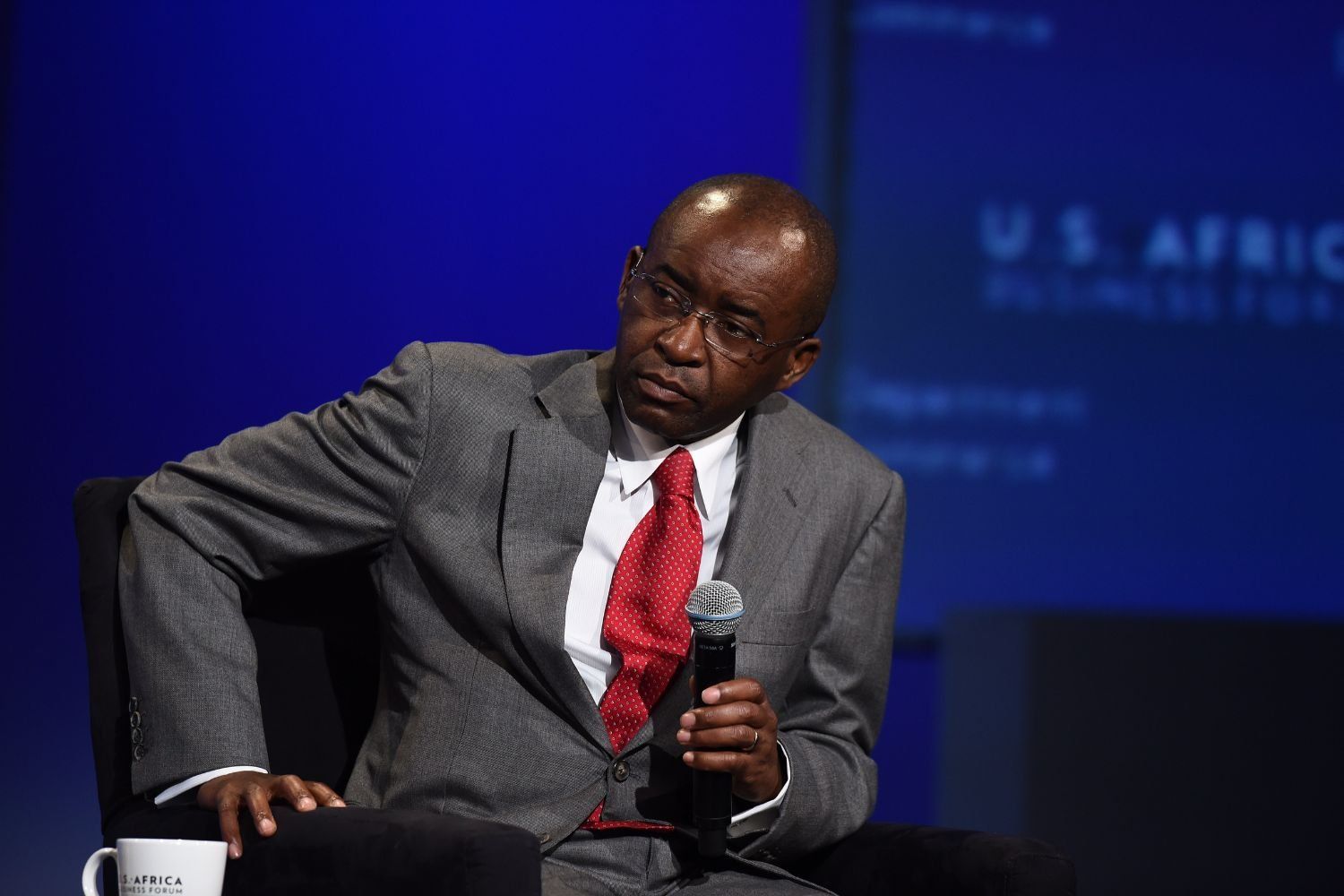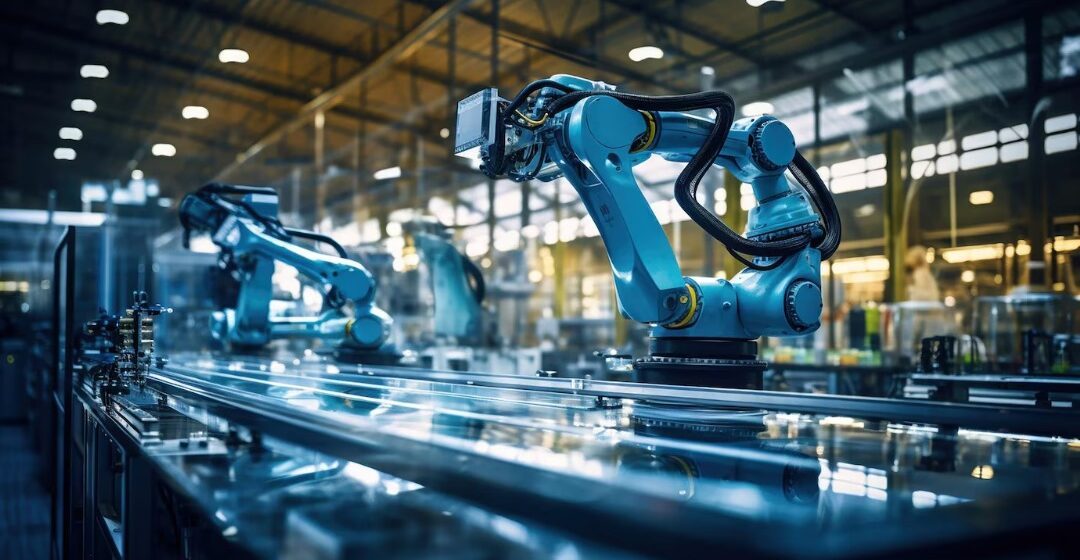
In a move poised to advance Africa's technological future, Cassava Technologies has joined NVIDIA to establish the continent's first artificial intelligence factory. The March 24 announcement revealed plans to deploy NVIDIA's powerful supercomputer graphics processing units (GPUs ) across five strategic African nations South Africa, Egypt, Kenya, Morocco, and Nigeria marked a decisive to step toward digital sovereignty for the continent.
South Africa will lead the way with the first phase of the accelerated computing set, to be launched in June. While specific timelines for the other countries remain unannounced, Cassava Technologies has committed to delivering robust AI computing power that promises to boost productivity for African businesses and researchers alike.
In a LinkedIn post, Zimbabwean entrepreneur Strive Masiyiwa, founder of Cassava Technologies, said the vision behind this initiative is to ensure Africa remains part of the fourth industrial revolution.
He highlighted the critical importance of "direct access to what we call 'compute' — the capacity to train AI models and process prompts from within Africa, and use the output to create our own intelligence ecosystem.

"Recognizing African contributions to global AI
This development is happening at a time when Africa's contributions to AI development have often been overlooked. Tech workers in Kenya, Uganda, and Nigeria have been essential to the AI pipeline, providing data training, content moderation, large language models (LLMs), and other crucial services for tech giants like OpenAI and Meta.
Mr.Justin Irabor, an AI Engineer at Germany's International University of Applied Sciences, sees Cassava's initiative as necessary and overdue.
"Africa has not just been a consumer of technology when it comes to AI; it has been a contributor," he expantiated; "Africans are the reason LLMs sound the way they do, which means that LLMs carry the DNA of Africans. Obviously, you want more control over the means of production."
Mr.Irabor points to the political dimensions of AI technology, "The internet technically is value-neutral, but LLMs have meanings and political backings to them. So, it makes no sense for the continent planning to assert itself in the global space to sit back and not have its own opinions on all these technologies. It could be potentially hazardous if Africans don't take a stand."

Recognizing Africa contributions to global AI;
This development is happening at a time when Africa's contributions to AI development have often been overlooked.
Tech workers in Kenya, Uganda, and Nigeria have been essential to the AI pipeline, providing data training, content moderation, large language models (LLMs), and other crucial services for tech giants like OpenAI and Meta.
Mr.Justin Irabor, an AI Engineer at Germany's International University of Applied Sciences, sees Cassava's initiative as necessary and overdue. "Africa has not just been a consumer of technology when it comes to AI; it has been a contributor," he said.
"Africans are the reason LLMs sound the way they do, which means that LLMs carry the DNA of Africans. Obviously, you want more control over the means of production."
Mr.lrabor points to the political dimensions of AI technology, "The internet technically is value-neutral, but LLMs have meanings and political backings to them. So, it makes no sense for the continent planning to assert itself in the global space to sit back and not have its own opinions on all these technologies. It could be potentially hazardous if Africans don't take a stand."

Kindly,Subscribe with your Valid Email Address and receive Relevant Notifications to your active Device with Professionalism.
Thankyou for the Scheduled Quality Ample Time.
